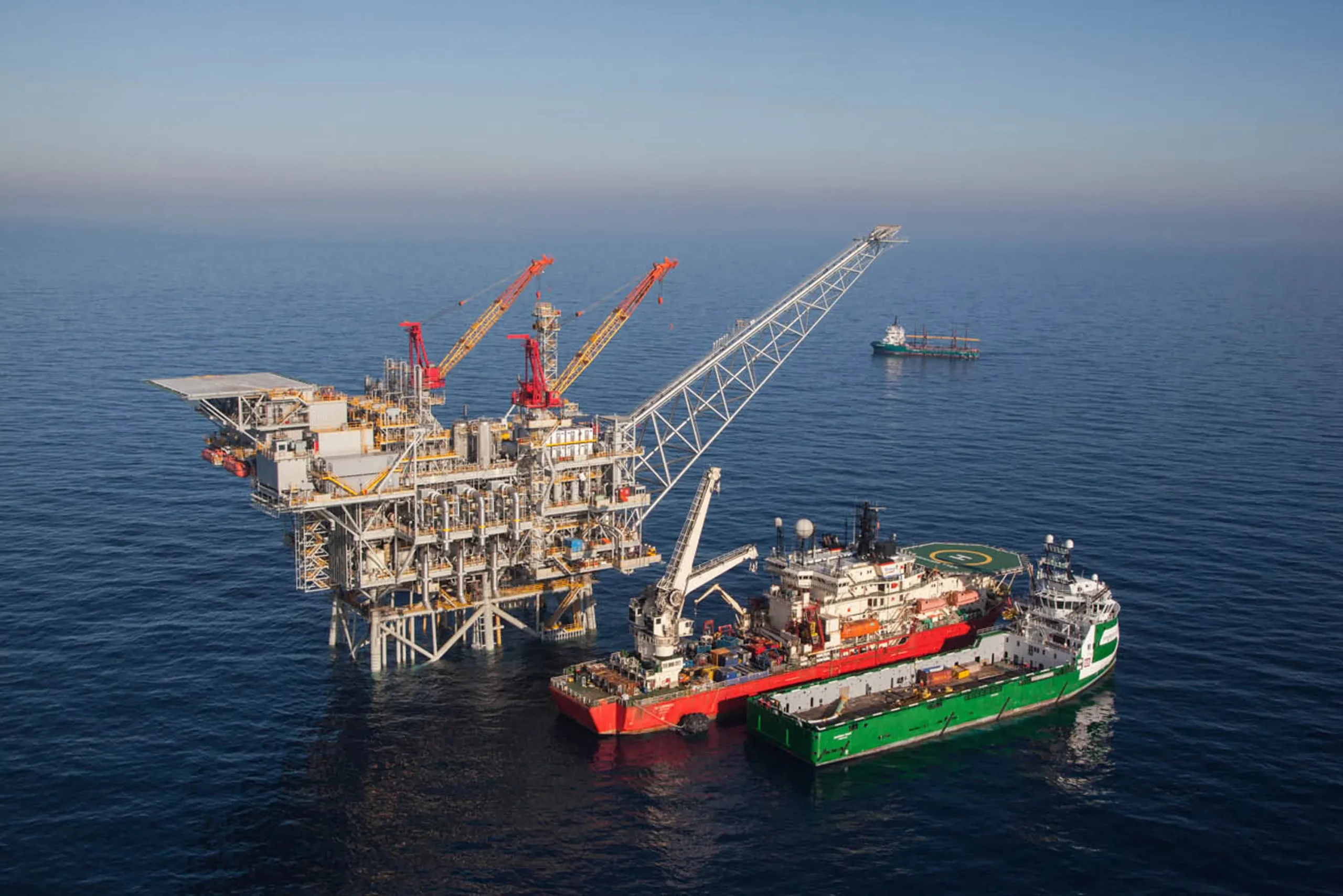The ongoing conflict in Israel, specifically the war between Israel and Hamas, has had ripple effects on various industries, including energy. Chevron Mediterranean, a subsidiary of the U.S.-based Chevron, has postponed its plans to expand a giant natural gas field off the coast of Israel.
The expansion project, centered on the Leviathan gas field, was initially set to increase gas export capacity to 21 billion cubic meters per year. However, Chevron’s decision to delay the project comes in light of the heightened security situation due to the conflict, which has prompted concerns over the safety and feasibility of continuing with the planned work.
Chevron and its partners, NewMed Energy and Ratio Energies, had approved a $429 million investment in the project, which included the construction of a third subsea pipeline designed to boost gas supply to the Israeli transmission system. The suspension of this part of the project, which was announced in October 2023, means that work on the pipeline and other expansion activities will be delayed until at least April 2025.
This delay is expected to push back the completion of the overall gas expansion by at least six months. However, Chevron has reassured stakeholders that the delay won’t have a significant impact on the overall value of the Leviathan project, though it could negatively affect cash flow projections for 2025.

The situation is further complicated by Chevron’s operational decisions to periodically halt production at the Leviathan reservoir due to security concerns. NewMed, Chevron’s partner, indicated that these halts, while occasional, have not yet caused significant harm to annual production volumes.
Nevertheless, the uncertainty surrounding the conflict and its potential to disrupt operations poses a challenge to the future of the Leviathan project, which is seen as a cornerstone of Israel’s energy infrastructure.
One of the key elements of the Leviathan expansion was the proposed liquefied natural gas (LNG) component, which would have allowed the gas field to supply energy to international markets, including Europe and the Far East.
Negotiations were already underway in August 2024 to explore options for liquefaction, including potentially using existing facilities in Egypt or establishing a floating LNG unit in Israeli waters. This expansion is seen as crucial for future deliveries of LNG, particularly to Germany under an agreement between NewMed and Uniper, and is a vital part of the project’s future growth.
The Leviathan field itself is the largest natural gas reservoir in the Mediterranean and represents Israel’s most significant energy project to date, with an estimated 22.9 trillion cubic feet of recoverable gas. Since its initial production in 2019, the field has been an essential source of natural gas for Israel and neighboring countries like Egypt and Jordan.
Despite the current delays, the Leviathan project remains a cornerstone of Israel’s energy strategy, with future phases, including the addition of a floating LNG facility, continuing to move forward, albeit with uncertainties related to the ongoing regional security situation.


